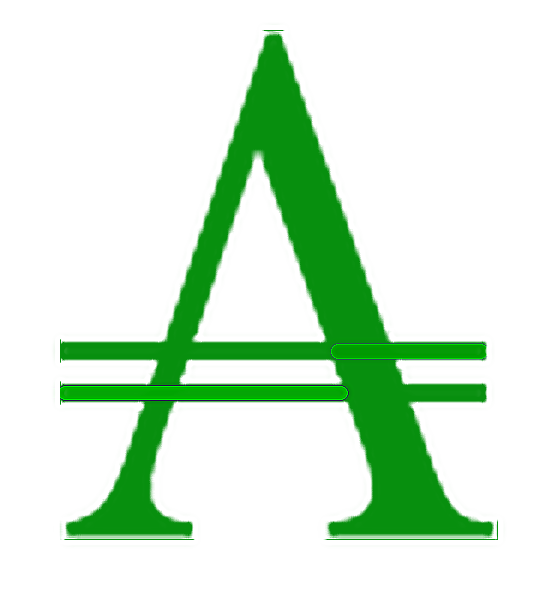
Ηράκλειτος έτη τριάκοντα γενεάν καλεΐ, η έστι χρόνος ά π ό τής γεννήσεως του πάππου £ως τής του υίωνοΰ (or: έν <5 ι χρόνωι ό υίωνός πάππος γίνοιτ’ άν).
Plutarchos, def. orac. 11.415D
cat
- Heráclito llama el espacio de treinta años una generación, que es el (mínimo) transcurso de tiempo desde el engendramiento del abuelo hasta el de su nieto. (O bien: que es el mínimo tiempo en que un nieto podría llegar a ser abuelo) (MARCOVICH-cat)
- Treinta años es la duración de uba generación o rueda (ciclo) de las edades; pues en ese tiempo el progenitor obtiene una progenie de quien ha sido por él engendrado y la naturaleza revierte de una siembra a otra siembra. (MOURAVIEV-cat)
cez
- Ti, kteří čtou „o dospívajících” (Hérodotos, fr. 171, 2 Rzach), počítají podle Hérakleita za generaci 30 let, neboť za tuto dobu rodič plodí potomka a potomek se stává sám rodičem. (KRATOCHVIL )
eng
- Heraclitus calls the space of thirty years one generation, which is the (least) length of time from the begetting of a grandfather till that of his grandson (or: which is the least time for a grandson to become a grandfather). (MARCOVICH)
- Thirty years is the time of a genea — or wheel (cycle) of ages — during
which the begetter begets an offspring from his own offspring and human nature returns from insemination to insemination. (MOURAVIEV)
fra
- la génération égale à trente ans, temps dans lequel celui qui a engendré
voit celui qui a été engendré par lui engendrer à son tour. (CONCHE) - Trente ans est la durée d’une genée ou roue (cycle) des âges, durant laquelle le géniteur obtient une progéniture de sa propre progéniture et la nature humaine revient de l’ensemensement à l’ensemensement (MOURAVIEV)
rus
- {Тридцать лет — генея или колесо рожаений, в течение которого родитель получает дитятю от собственного дитяти и природа возвращается от осеменения к осеменению.} (MOURAVIE-rus)
